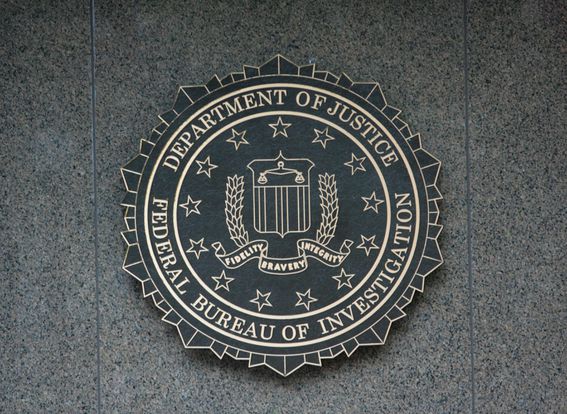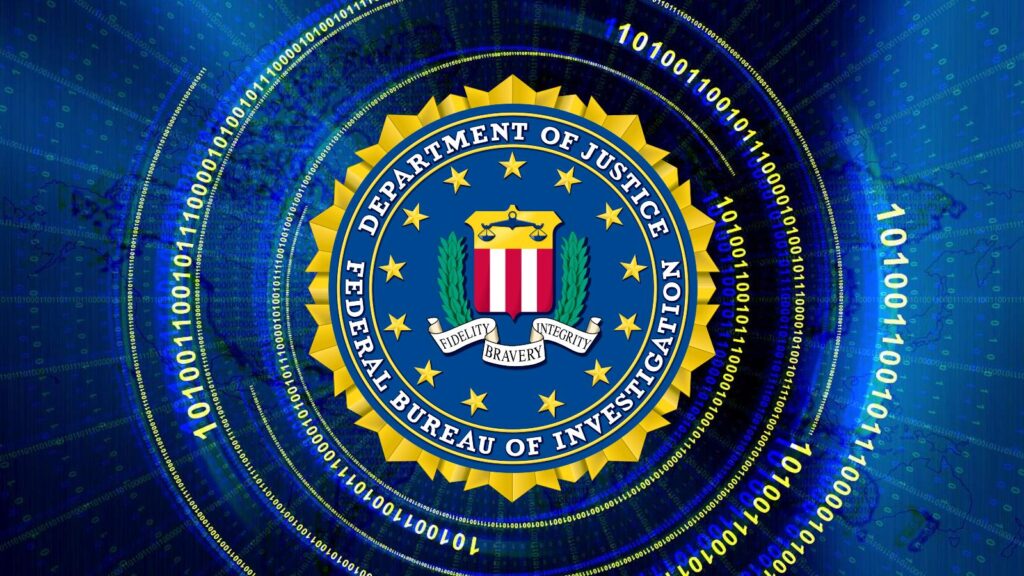In a recent warning, the FBI has alerted cryptocurrency firms about the potential cashing out of stolen Bitcoin worth $40 million by North Korean hacker groups Lazarus and APT38. These notorious groups have reportedly moved around 1,580 Bitcoin from various cryptocurrency heists over the past 24 hours. The FBI is advising private sector entities to be vigilant in guarding against transactions with the addresses associated with these hackers. This comes after a report revealed that North Korean hackers have stolen over $2 billion in cryptocurrencies in the last 5 years. The FBI aims to combat the use of cybercrime by the Democratic People’s Republic of Korea to generate revenue for the regime.
FBI Warning: North Korean Hacker Groups Lazarus and APT38 May Cash Out Stolen BTC Worth $40 Million

Background Information
Recently, the US Federal Bureau of Investigations (FBI) issued a warning to cryptocurrency firms regarding potential cash-outs of stolen Bitcoin (BTC) by North Korean hacker groups Lazarus and APT38. These notorious hacker groups have reportedly moved around 1,580 BTC from various cryptocurrency heists over the past 24 hours and are holding the funds in six different wallet addresses. The FBI has urged private sector entities to closely examine the blockchain data associated with these addresses and remain vigilant in guarding against transactions directly involving or derived from these addresses.
FBI Alert: Hacker Groups Moving Stolen BTC
The FBI’s alert to crypto firms serves as a crucial warning about the movement of stolen Bitcoin by North Korean hacker groups. The agency has highlighted the need for heightened vigilance and caution among crypto companies in order to prevent any direct transactions with or related to the identified wallet addresses. By closely examining the blockchain data associated with these addresses, it is hoped that further theft and cash-outs can be prevented, safeguarding the assets of both individuals and companies.

Hacker Groups and their Previous Heists
The Lazarus Group, a North Korean threat actor, has been linked to several high-profile crypto hacks in recent years. These include the theft of $37 million from CoinsPaid, $100 million from Atomic Wallet, and $60 million worth of crypto from Alphapo, all of which occurred in June of this year. The APT38 group, also originating from North Korea, has been responsible for a series of significant crypto-related heists aimed at generating illicit revenue for the nation, which has been heavily sanctioned by the international community. These hacker groups are constantly evolving and finding new ways to exploit vulnerabilities in the crypto ecosystem.
TraderTraitor Hacking Group
The ‘TraderTraitor’ hacking group has recently come to the attention of law enforcement agencies. This group is believed to be responsible for a number of major crypto-related heists and has a clear goal of generating illicit revenue to support the sanction-hit North Korean regime. They employ various tactics to entice individuals to download malware-laced cryptocurrency applications, which then enable them to gain unauthorized access to personal wallets and steal funds. It is crucial for crypto users to follow best practices for security and remain vigilant against such threats.

North Korean Hackers’ Estimated Stolen Cryptocurrency
According to a recent report by blockchain analytics firm TRM Labs, North Korean hackers are estimated to have stolen over $2 billion in cryptocurrencies in the last five years. In 2023 alone, it is believed that they have stolen around $200 million. These staggering figures highlight the extensive reach and impact of North Korean cybercrime activities in the cryptocurrency space. These stolen funds are being used to fund various illicit activities, including the country’s nuclear weapons program.
US Treasury’s Sanctions on North Korean Addresses
To combat the threat posed by North Korean hacker groups, the US Treasury’s Office of Foreign Assets Control (OFAC) has imposed sanctions on several addresses linked to North Korea. These addresses have been identified as being involved in illicit activities, including crypto-related thefts and frauds. In collaboration with entities like Binance, the US government has been able to seize millions of dollars’ worth of stolen cryptocurrencies, disrupting the flow of funds to the North Korean regime.

Cyber Financial Crime Expert’s Insights
In an interview with cyber financial crime expert Erin Plante, it was revealed that North Korea-linked actors have stolen an estimated $1.7 billion worth of cryptocurrency over several high-profile hacks. Plante also emphasized that most experts agree that these stolen assets are being used to fund the country’s nuclear weapons program. It is clear that the actions of these hacker groups not only pose a threat to individuals and companies in the crypto industry but also have far-reaching geopolitical implications.
Funding the Nuclear Weapons Program
The stolen assets by North Korean hacker groups have significant implications for global security. Experts widely believe that the illicitly obtained funds are being channeled into funding the country’s nuclear weapons program, which is a matter of grave concern for the international community. The magnitude of the crypto-related thefts underscores the need for increased efforts to prevent and disrupt these activities, both from a law enforcement and regulatory standpoint.
Preventing Transactions with Identified Wallet Addresses
Given the ongoing threat posed by North Korean hacker groups, it is vital for individuals and businesses in the crypto industry to exercise vigilance and adopt best practices to prevent transactions with identified wallet addresses. By closely examining blockchain data and remaining cautious when engaging in cryptocurrency transactions, the risk of falling victim to these hacking operations can be significantly reduced. The importance of collaboration between law enforcement agencies, regulatory bodies, and cryptocurrency service providers cannot be overstated in the fight against cybercrime.















